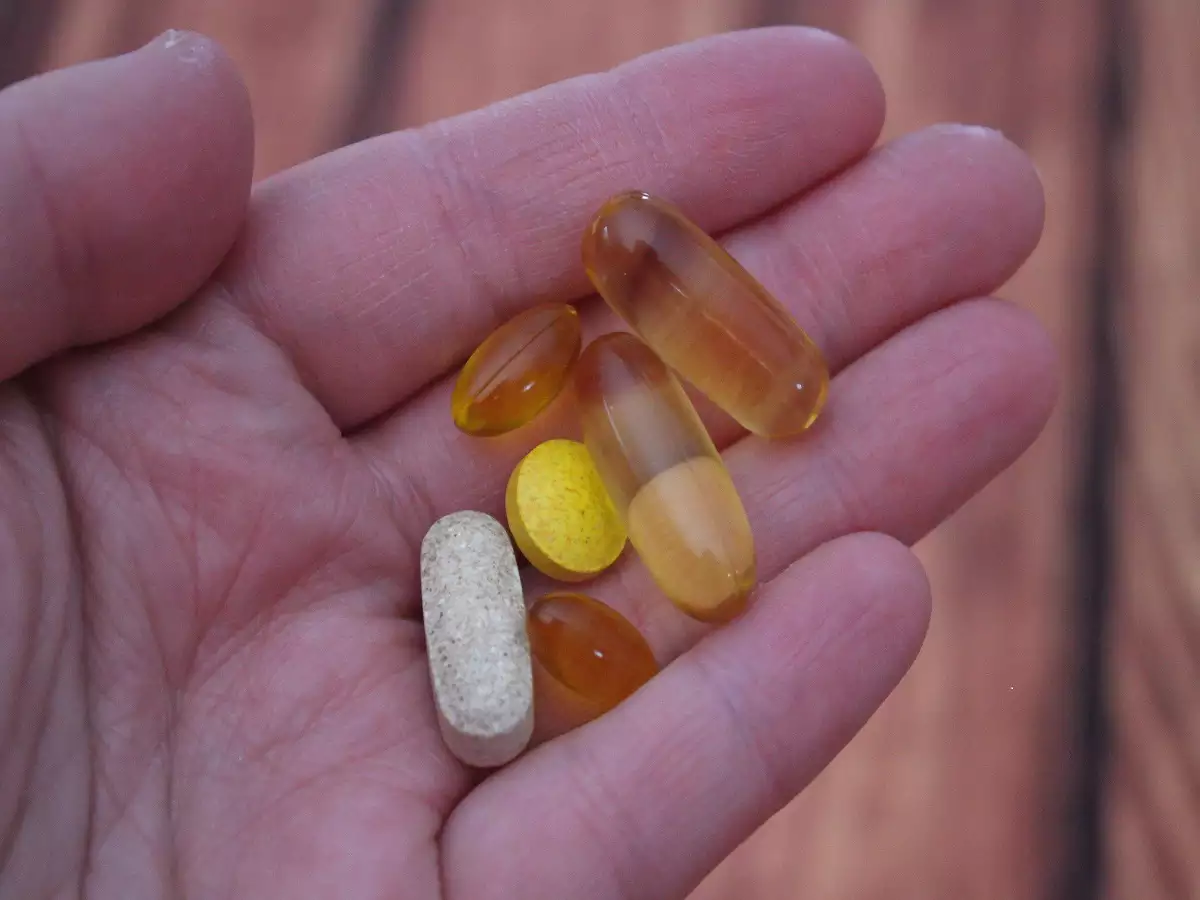
The Role of Vitamins and Supplements in Maintaining Good Health
Vitamins and minerals are essential nutrients that act in concert to perform hundreds of important functions. Almost half of Americans take a vitamin or mineral supplement daily or occasionally.
But a healthy diet should be your primary source of vitamins. And remember, high doses of some supplements can be harmful.
Vitamins
Vitamins are organic substances required in small amounts to support everyday functions like metabolism and immunity. They contribute to the formation of bones, muscles and blood and are essential for the growth of healthy cells. There are 13 recognized vitamins, and deficiencies of certain can lead to health problems.
Fat soluble vitamins (A, D, E and K) are stored in the liver and body fat, while water soluble vitamins (B complex, biotin, folate, thiamine, riboflavin and pantothenic acid) circulate throughout the blood and are eliminated through urine. Large intakes of some vitamins, especially the fat soluble ones, can be toxic.
Vitamin A helps keep skin, hair and eyes healthy, promotes normal iron metabolism and aids immune function. It also plays a role in the conversion of light entering the retina into images that the brain can perceive. It is found in foods such as milk, fish, fortified cereals and orange or yellow vegetables. The recommended dietary allowance (RDA) of most vitamins is a good guideline for the amount you should consume.
Minerals
Vitamins and minerals, grouped together under the umbrella term micronutrients, play key, everyday roles in the body. They promote healthy bones, blood and immunity and can boost energy levels. They are available from food sources but supplements can help ensure intake of optimal amounts and encourage a healthy lifestyle.
Vitamins are organic compounds that the body uses in small amounts for metabolic processes. The best source of vitamins is a balanced diet, although some may need vitamin supplements, including women who are pregnant or breastfeeding, people who drink alcohol in excess and drug users. Vitamins should be taken in a safe dose as taking too many can harm the body.
Minerals are inorganic elements that form and maintain the structures of our cells, proteins, bones, tissues and glands. They also support the function of our metabolic processes and keep us alive. Minerals include the well-known calcium, sodium and potassium, as well as lesser known minerals such as copper, iodine and zinc.
Essential Fatty Acids
Vitamins and minerals perform hundreds of jobs that help shore up bones, bolster immune systems, convert food into energy and repair cellular damage. However, the alphabet soup of vitamins and nutrients can make it confusing to understand them all.
Vitamin B12, for example, helps the body form red blood cells and maintain the central and peripheral nervous system. Vitamin C, known as ascorbic acid, promotes iron absorption and supports tissue healing.
Fat-soluble vitamins, on the other hand, last longer in the body, allowing them to be slowly released as needed. Examples include vitamins A, D, E and K. Fatty acids are classified as omega-9, omega-6 and omega-3 based on the location of their first double bond relative to the methyl (omega) end of the hydrocarbon chain.
Some fatty acids are considered essential, meaning the body cannot manufacture them and must get them from diet. Essential fatty acid intake is associated with reductions in heart disease, infant development and brain function, as well as optimal skin and vision health, arthritis and hypertension.
Antioxidants
Antioxidants are substances, natural or synthetic, that prevent and slow the damage caused by free radicals. Free radicals are byproducts of normal body processes or may be introduced to the body from outside sources, such as cigarette smoke and pollution. When they accumulate, they can cause oxidative stress, which is linked to serious illnesses, including heart disease and cancer.
Antioxidant nutrients include vitamins C and E, beta-carotene, selenium and polyphenols. There are also enzymatic antioxidants, such as superoxide dismutase and catalase, and hydrophilic (water-soluble) or lipophilic (fat-soluble) antioxidants, such as tocopherols and carotenoids.
While dietary supplements are available, most experts agree that the best way to get enough antioxidants is to eat a variety of fruits and vegetables, especially those with vibrant colors. This will ensure that you are getting a balance of different antioxidants, since most supplement formulations only contain one form of an antioxidant. In addition, high doses of antioxidant supplements have not been shown to be more effective than the antioxidants found naturally in foods.



